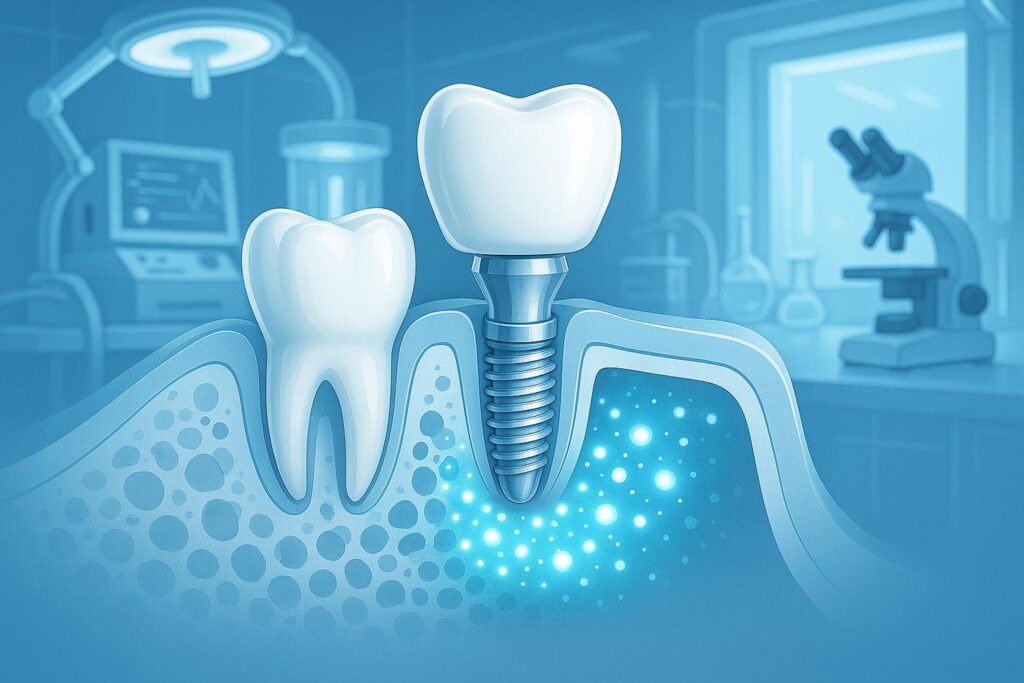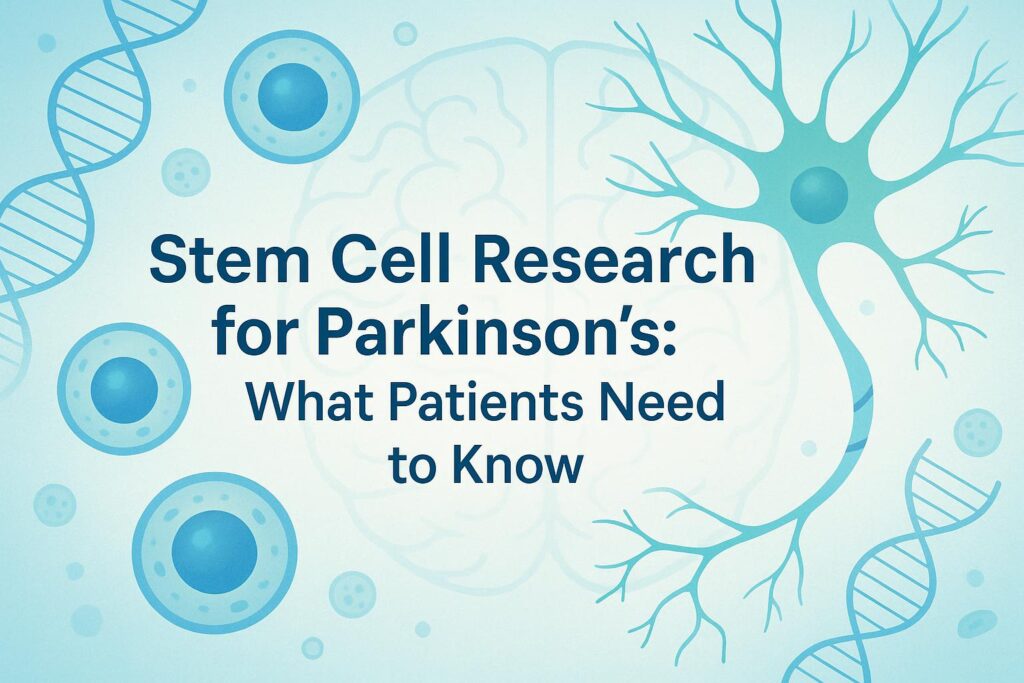A recent study has demonstrated the potential of stem cell therapy as a treatment for age-related macular degeneration (AMD), a leading cause of vision loss in older adults.
Researchers from the RIKEN Center for Biosystems Dynamics Research have developed a new method of transforming stem cells into retinal cells, which has shown promising results in the restoration of vision in mice models.
Age-related macular degeneration (AMD) is a degenerative eye condition that affects the macula, a region in the retina responsible for central vision. As the disease progresses, it leads to loss of central vision, severely impairing the individual’s ability to read, recognize faces, and perform daily tasks. AMD is a leading cause of vision loss in people aged 50 and above.
Researchers from the RIKEN Center for Biosystems Dynamics Research in Japan have recently developed a promising new method to treat AMD using stem cell therapy. The study involved transforming induced pluripotent stem cells (iPSCs) into retinal pigment epithelial (RPE) cells, which are essential for maintaining retinal health and function.
The research team, led by Dr. Masayo Takahashi, devised a novel culture method that allowed them to efficiently generate RPE cells from iPSCs. The key innovation in this method was the use of a cocktail of small molecules, which helped to guide the differentiation process and promote the development of mature RPE cells. This technique enabled the team to produce a large number of RPE cells, which is crucial for the potential future clinical applications of the treatment.
Once the RPE cells were generated, they were transplanted into mice models with retinal degeneration. The results were encouraging, as the transplanted cells successfully integrated with the host retinal tissue, and the mice exhibited improved visual function. Moreover, the researchers observed no signs of immune rejection or tumor formation, which are common concerns in stem cell therapy.



